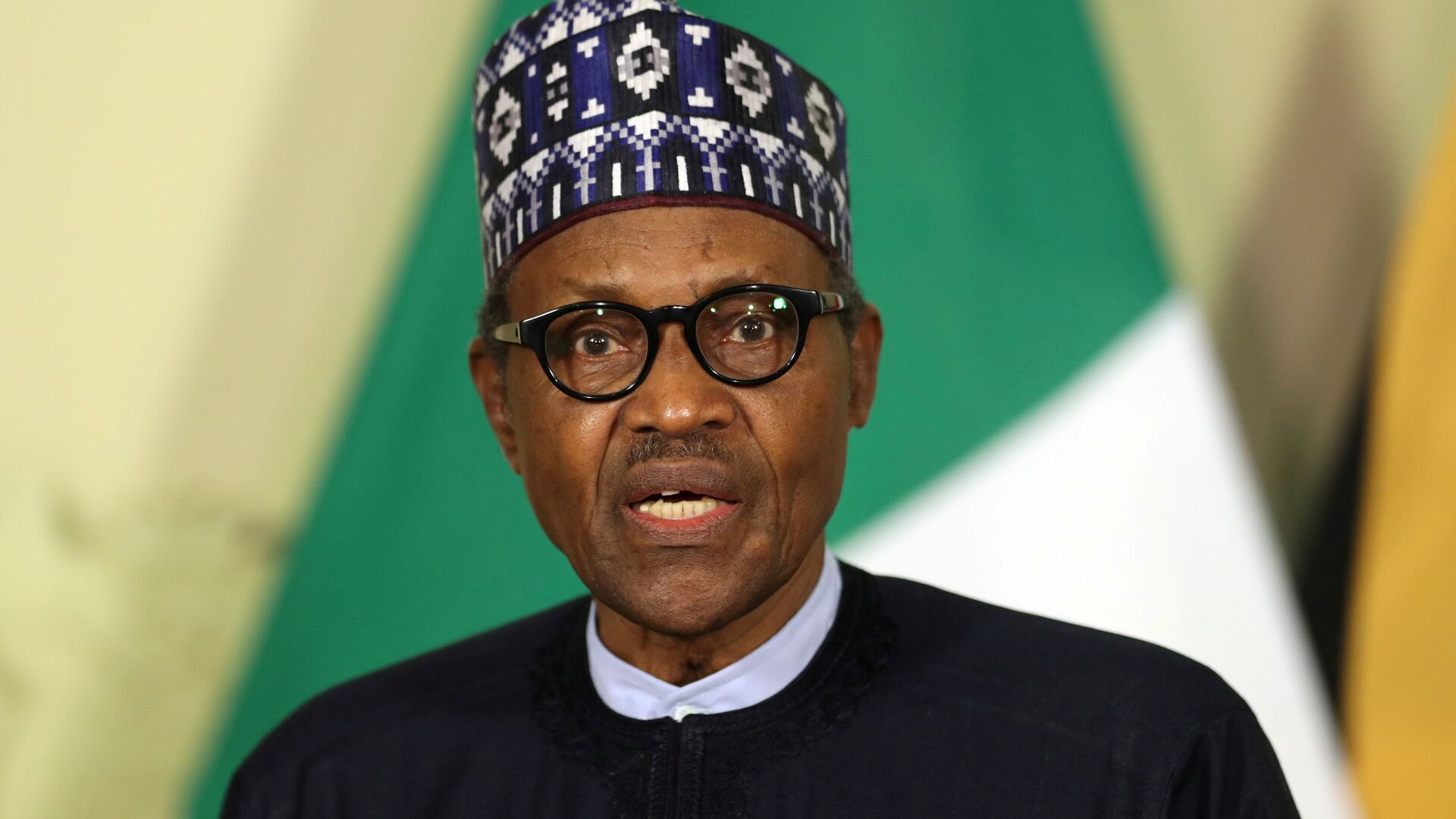Twitter enraged supporters of Donald Trump when it first deleted some of his tweets and then suspended his profile altogether back in January and now the California-based social media behemoth has done it again, this time in Nigeria.
On Tuesday, 1 June, President Muhammadu Buhari of Nigeria was outraged when one of his tweets was deleted because it failed to meet Twitter’s guidelines.
— TACHA🔱🇳🇬🇬🇭 (@Symply_Tacha) June 7, 2021
Buhari, now 78, was an officer in the Nigerian Army during the 1967-70 civil war when secessionists from the Igbo tribe sought to break away and form a new nation, Biafra, in the south-east.
In recent months a new organisation has emerged - the Indigenous People of Biafra (IPOB) - and police have blamed several arson attacks on what they call its “armed wing”, the Eastern Security Network.
— Muhammadu Buhari (@MBuhari) June 1, 2021
Buhari, furious at these attacks on election offices and police stations, tweeted: “Those of us in the fields for 30 months, who went through the war, will treat them in the language they understand.”
His menacing tone triggers Twitter’s woke squad and they promptly deleted it.
The Nigerian government then reacted by banning Twitter indefinitely and the country’s telecoms operators complied immediately, leaving only a small number of Nigerians with access to VPNs able to tweet.
— PROF LATTE ™ (@honilatte_) June 6, 2021
But already the hashtag #KeepItOn has been trending, with Buhari’s critics claiming he reacted like a tyrant with a bruised ego.
Buhari rules a nation of 200 million people and was elected President in 2019 with a clear mandate from 15 million voters.
The former colonial power, Britain, has joined the US, Canada and the EU in condemning the Twitter ban.
In a joint statement they said: "Banning systems of expression is not the answer. Precisely the moment when Nigeria needs to foster inclusive dialogue and expression of opinions, as well as share vital information in this time of the Covid-19 pandemic. The path to a more secure Nigeria lies in more, not less, communication.”
— Reno Omokri (@renoomokri) June 7, 2021
It is estimated 39 million Nigerians have a Twitter account and last year the hashtag #EndSARS piled pressure on the government after the Special Anti-Robbery Squad (SARS) was accused of police brutality.
On Saturday, 5 June, the President’s office denied the suspension of Twitter was linked to the deleted tweet.
A spokesman for President Buhari, Garba Shehu, said: "There has been a litany of problems with the social media platform in Nigeria, where misinformation and fake news spread through it have had real world violent consequences."
— IFA FUNSHO (@funshographix) June 5, 2021
The Nigerian civil war broke out in July 1967 after months of pogroms in the north of the country against the Igbo people.
Odumegwu Ojukwu, an Igbo lieutenant colonel who was educated in England, led the secessionist uprising in Biafra but the federal government, led by General Yakubu Gowon, used their military might to crush the Biafrans.
More than 50,000 soldiers on both sides were killed but around two million Biafrans also died as a result of famine caused by the Nigerian blockade.
— Stateless For Now Until #Biafra is Free (@princeiel) June 5, 2021
Buhari is a Muslim from the Fulani tribe and draws much of his support from the north of Nigeria, which is dominated by Islam.
In 1983 he led a military coup which overthrew the democratically elected government of Shehu Shagari, who was accused of corruption.
Buhari was the head of state until 1985 when he too was overthrown by a coup led by General Ibrahim Babangida.




